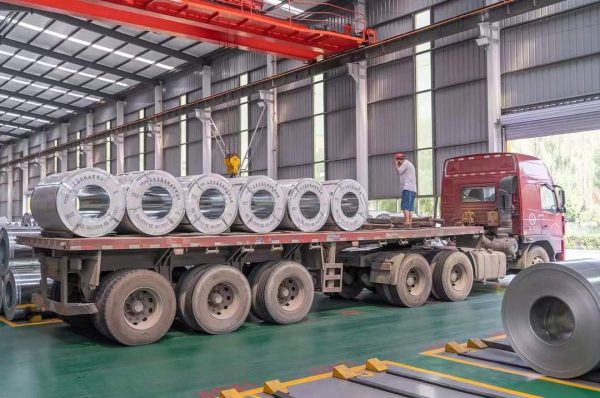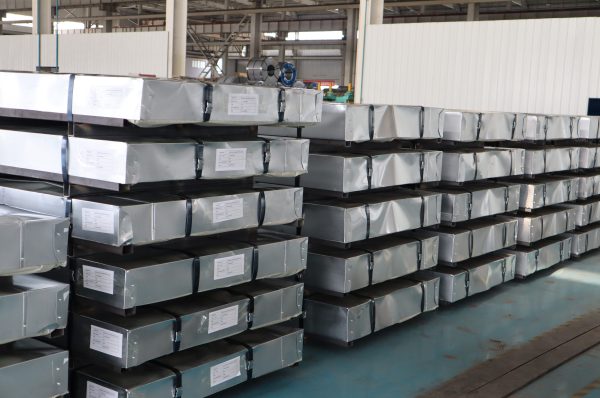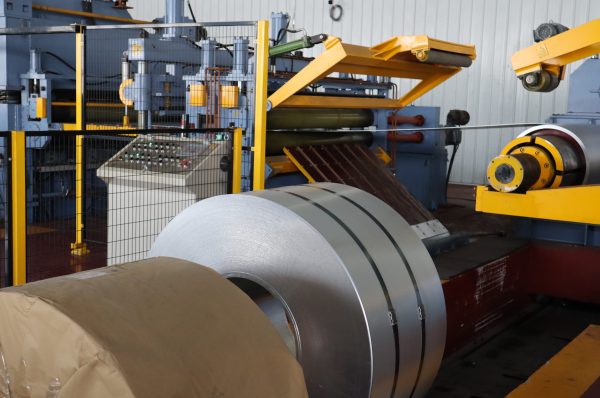Stainless steel is a high-performance alloy renowned for its corrosion resistance, strength, and versatility. Comprising primarily iron, chromium, and other elements, stainless steel is used across a range of industries where durability and aesthetic appeal are essential. This article explores the diverse applications of stainless steel, highlighting its significance in modern technology and everyday life.
1. Construction and Architecture
In construction and architecture, stainless steel is valued for both its structural and aesthetic properties. It is used in building facades, handrails, and roofing systems, offering a modern and sleek appearance while withstanding the elements. Stainless steel’s resistance to corrosion ensures that these architectural features maintain their integrity and appearance over time. It is also used in decorative elements and structural supports, contributing to innovative and durable design solutions.
2. Food and Beverage Industry
Stainless steel is crucial in the food and beverage industry due to its sanitary properties and resistance to corrosion. It is employed in the fabrication of processing equipment, storage tanks, and kitchen appliances. The material’s non-reactive surface prevents contamination and preserves the purity of food and beverages. Additionally, its ease of cleaning makes it ideal for environments where hygiene is critical, ensuring that equipment remains compliant with health standards.
3. Medical and Pharmaceutical Sectors
In the medical and pharmaceutical fields, stainless steel is essential for its biocompatibility and ability to withstand sterilization processes. It is used in the production of surgical instruments, implants, and laboratory equipment. Stainless steel’s resistance to high temperatures and chemicals ensures the reliability and safety of medical devices and equipment, making it a preferred choice for critical applications.
4. Automotive Industry
The automotive industry benefits from stainless steel in various components due to its durability and resistance to corrosion. It is used in exhaust systems, trim pieces, and structural elements of vehicles. Stainless steel’s ability to withstand harsh environmental conditions, such as road salt and moisture, helps extend the lifespan of automotive parts and enhances vehicle performance. Its aesthetic appeal also contributes to the sleek design of modern vehicles.
5. Energy Sector
In the energy sector, stainless steel is used in the construction of equipment and infrastructure that must endure extreme conditions. Applications include oil and gas pipelines, chemical reactors, and power plant components. The material’s resistance to corrosion and high temperatures makes it suitable for handling and processing various substances, ensuring the safety and efficiency of energy systems.
6. Marine Industry
Stainless steel is widely used in the marine industry for its excellent resistance to corrosion in seawater environments. It is employed in the construction of ship components, such as hulls, railings, and fasteners. The material’s ability to resist the harsh effects of saltwater and marine conditions ensures the durability and longevity of marine vessels and structures.
7. Consumer Goods
In consumer goods, stainless steel is popular for its durability and modern appearance. It is used in the manufacture of kitchen appliances, cookware, and household items like cutlery and furniture. The material’s resistance to staining and scratching helps maintain the quality and aesthetic appeal of everyday products, making them both practical and stylish.
8. Industrial Equipment
Stainless steel is crucial in the production of industrial equipment that requires strength and resistance to harsh environments. It is used in components such as pumps, valves, and conveyor systems. The material’s durability and resistance to corrosion ensure that industrial equipment operates reliably under demanding conditions, contributing to increased efficiency and reduced maintenance.
Conclusion
Stainless steel’s wide-ranging applications demonstrate its importance across various sectors, from construction and food processing to automotive and marine industries. Its combination of strength, corrosion resistance, and aesthetic appeal makes it a versatile and valuable material. As industries continue to evolve and innovate, stainless steel will remain a key component in developing advanced, durable, and high-performance solutions for modern challenges.



